Category: Linguistics
-
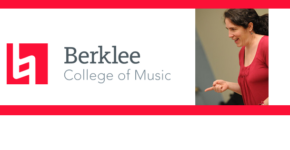
Deborah Bennett, Berklee College of Music – Gender-Neutral Language
How do languages of the past stack up to today’s new social norms? Deborah Bennett, professor of liberal arts at the Berklee College of Music, explores limits of teaching languages with only male or female pronouns. Deborah J. Bennett is a Professor of Language and Literature at Berklee College of Music. Her poems and translations…
-
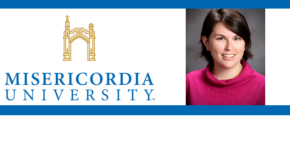
Amanda Caleb, Misericordia University – The Rhetoric of Pandemics: Health, Politics, and the Public
On Misericordia University Week: What did you think when you heard the word pandemic for the first time? Today on The Academic Minute: Amanda M. Caleb, professor of English and medical and health humanities, delves into the many meanings of the word. Amanda M. Caleb is Professor and Founding Director of Medical and Health Humanities…
-
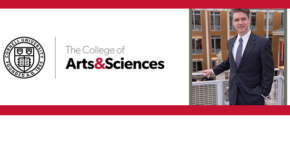
Daniel Gallagher, Cornell University – Latin Alive!
On Cornell University Week: Is Latin a dead language? Daniel Gallagher, senior lecturer, makes the case that Latin is alive and well. Daniel B. Gallagher is the Ralph and Jeanne Kanders Senior Lecturer in Latin at Cornell University. Having served as Latin Secretary to Popes Benedict XVI and Francis at the Vatican, he dedicates himself…
-
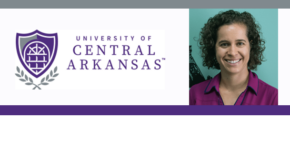
Katelyn Knox, University of Central Arkansas – Race and National Identity in Contemporary France
How do you fight racism in a supposed post-racial society? Katelyn Knox, associate professor in the department of languages, linguistics, literatures and cultures at the University of Central Arkansas, examines one instance in Europe. I’m an Associate Professor of French at the University of Central Arkansas, where I specialize in 20th- and 21st-century French and…
-
Jessica Cox, Franklin & Marshall College – Codeswitching
On Franklin & Marshall Week: Being bilingual can have advantages. Jessica Cox, assistant professor of Spanish and linguistics, delves into the benefits. Jessica Cox researches the relationships between language and cognitive abilities in multilinguals. She has also studied factors that influence second-language learning including previous language-learning experience, working memory, and cognitive aging. She holds a…
-

Stephen Howe, Fukuoka University – Yes and No in England and America
How many ways can you say yes or no? Stephen Howe, associate professor in the department of English at the Graduate School Fukuoka University Japan, explores this question. Dr. Stephen Howe is an associate professor of English at Fukuoka University, Japan. His research field is historical linguistics, which is the study of how and why…
-
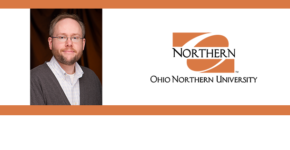
Douglas Dowland, Ohio Northern University – Language and Nationalism
The words we use when we talk about our country can have powerful meanings. Douglas Dowland, associate professor of English at Ohio Northern University, looks at the role of language in nationalism. Douglas Dowland is Associate Professor of English at Ohio Northern University. He was named Professor of the Year for 2018 by its Getty…
-
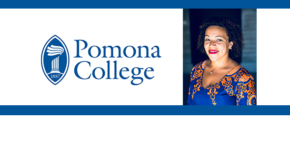
Nicole Holliday, Pomona College – What Do We Assume Based on the Voices We Hear
The sound of your voice can tell a lot about you. Nicole Holliday, assistant professor of linguistics at Pomona College, discusses why. Nicole Holliday is an Assistant Professor of Linguistics at Pomona College in Claremont, California. She received her Ph.D. in linguistics from New York University, where her dissertation focused on how individuals with one black parent and one…
-
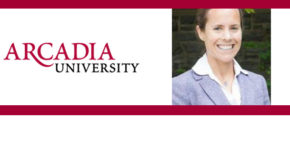
Aroline Hanson, Arcadia University – Bringing Back Brunca
On Arcadia University Week: Extinct languages can be brought back from the dead. Aroline Hanson, assistant professor of modern languages and cultures, explores this process in Central America. Dr. Aroline Seibert Hanson earned her Ph.D. in Spanish and Language Science at the Pennsylvania State University. She is a tenured Assistant Professor of Spanish and Linguistics…
-

Jacqueline Bruscella, SUNY Oneonta – Happy Holidays
Do you say Happy Holidays or Merry Christmas? Jacqueline Bruscella, assistant professor of communication at SUNY Oneonta, says your choice may depend on your speech community. Dr. Jacqueline Bruscella, Assistant Professor of Communication in the Department of Communication and Media at the State University of New York, College at Oneonta, presents her research on holiday…
